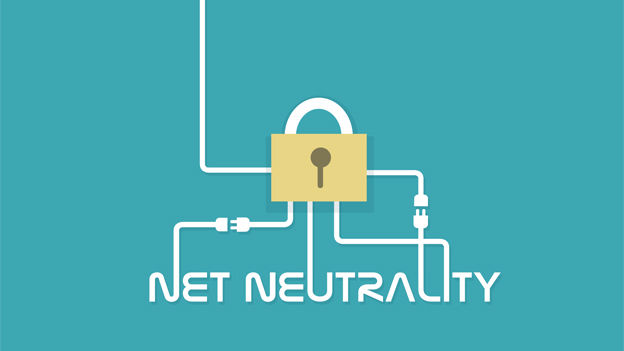Net neutrality & jobs - Who gets the ultimate benefit?

The debate over the last few weeks about the launch of Airtel Zero that will provide internet users free access to certain apps and websites as long as the websites themselves are paying for this access has opened up a pandora’s box on the role of the ISPs in controlling internet browsing.
As a job seeker, this could mean that access to jobs free of charge and millions of people who were too poor or unwilling to pay having access to job opportunities. In a country where only 1/5 of the 1.25 billion uses Internet, the fact that job seekers could access job portals for free could potentially benefit accessibility of opportunities and employability. But many argue that this opportunity goes against the basic principles of net neutrality, that is the foundation of the internet as we know it.
The core principle of Net Neutrality, a term coined by Columbia University media law professor Tim Wu in 2003, refers to the fact that ISPs and governments should treat all data on the Internet equally, not discriminating or charging differentially by user, content, site, platform, application, type of attached equipment, or mode of communication. If you want to see an informative and funny explanation on the concept of Net Neutrality, watch stand-up comedy group AIB in YouTube.
Babajobs.com partnered last year with facebook’s internet.org to offer free internet access to their job portal. In a recent blog ?, Sean Blagsvedt, founder of Babajob.com argues that in India the debate about net neutrality is not as relevant as the US as internet penetration is too low.
He argues that “if we need to get the Indian population online, something’s got to give,” either government needs to stop charging so high for bandwidth licences; or corruption needs to stop to put up cell towers and fiber across the country; or new business models need to be developed such that internet users pay less or nothing for browsing internet like companies paying for their user’s bandwidth.
There are many issues with creating new business models and leaving them in the hands of ISPs and that can backfire on the principles of having access to job opportunities. There are several challenges that breaking net neutrality can bring to jobseekers
- Less freedom for the jobseeker: While the jobseeker may get access to portals for free, the jobseeker losses control on the websites he/she accesses. If ISPs can provide differential treatment to a specific recruitment portal, it will mean a loss of freedom for the jobseeker to actually browse across job sites from within and outside the network.
- Less transparency of information: If ISPs have the power (and inclination) to shape internet traffic so that they can derive extra benefit from it—providing more bandwidth or less depending on the site—the jobseeker may not get access to complete job information information he/she requires to make an informed decision.
- Less innovation: Differential treatment will break the level-playing field that the Internet has provided to entrepreneurs. Many companies have benefited from the fact that one can start a portal or a job portal for that matter with pretty much no investment. Jobseekers will decide where they get more opportunities and value.
What will happen in this space? Difficult to predict as the commercial forces for ISPs and market dynamics are very strong. But so are the consumer voices, over 3 lakh emails have been sent to TRAI in support of Net Neutrality in the last few weeks.













